Discover Your Roots
SIGN UPDiscover Your Roots
SIGN UPArchibald is a male name of English origin, meaning "Truly Bold." It is a strong and timeless name with a rich history. The name Archibald has been used as both a given name and a surname. Notable individuals bearing this name include the American R&B pianist, Archibald, and a beloved character from the animated TV show Archibald the Koala. Additionally, Archibald holds significance as the name of a community in the United States and the renowned Australian portraiture art prize, the Archibald Prize. This name conveys a sense of bravery and fearlessness, making it a popular choice for parents seeking a name with a bold and confident connotation.
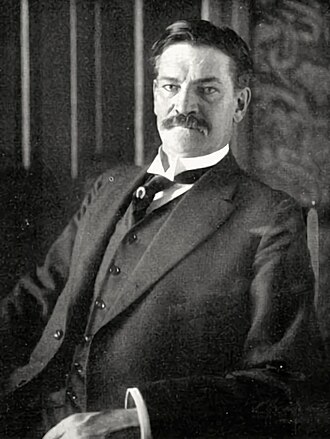
Archibald Gracie IV (January 15, 1858 – December 4, 1912) was an American writer, soldier, historian, and real estate investor, known for his survival of the RMS Titanic sinking. Born into the wealthy Gracie family of New York City, he was a descendant of the builder of Gracie Mansion. Despite not graduating from the United States Military Academy, Gracie became a colonel of the 7th New York Militia and authored a book about the Battle of Chickamauga, which his father had fought in. His interest in history led him to travel to Europe, where he embarked on the ill-fated Titanic voyage in 1912. During the voyage, Gracie socialized with fellow passengers, including writer Helen Churchill Candee and businessman Isidor Straus. When the Titanic struck an iceberg, Gracie helped women and children into lifeboats and assisted in freeing collapsible lifeboats. He survived by climbing onto an overturned lifeboat. His firsthand account of the disaster was documented in a popular book. Tragically, Gracie's health never fully recovered, and he passed away less than eight months after the Titanic sinking, becoming the first adult survivor to die.
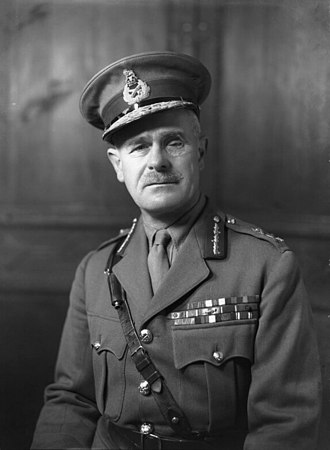
Field Marshal Archibald Percival Wavell, 1st Earl Wavell (5 May 1883 – 24 May 1950), was a distinguished British Army officer with a remarkable military career. He served in various conflicts, including the Second Boer War and the First World War, where he demonstrated exceptional leadership and bravery. In the Second World War, Wavell played a pivotal role as Commander-in-Chief Middle East, leading British forces to victory in Eritrea-Abyssinia and Operation Compass. His service extended to India, where he held the positions of Commander-in-Chief and Viceroy, showcasing his strategic prowess and diplomatic skills.Wavell's early life and education at prestigious institutions like Summer Fields and Winchester College laid the foundation for his future military achievements. His career began with his commission into the British Army and subsequent service in the Second Boer War, followed by notable assignments in India and as a military observer in Russia.During the First World War, Wavell's dedication to duty and exceptional abilities were evident as he served as a staff officer in France. His experiences and observations during this period contributed to his insightful perspective on international relations and military strategies.Field Marshal Archibald Percival Wavell's legacy is defined by his remarkable contributions to the British Army and his significant impact on key military campaigns and diplomatic endeavors, solidifying his position as a revered figure in British military history.
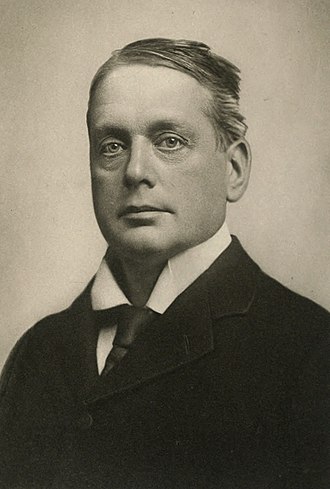
Archibald Philip Primrose, 5th Earl of Rosebery, 1st Earl of Midlothian (7 May 1847 – 21 May 1929) was a prominent British Liberal Party politician who served as Prime Minister of the United Kingdom from March 1894 to June 1895. His rise to national attention began with his sponsorship of the successful Midlothian campaign of William Ewart Gladstone in 1879. Rosebery’s political career included notable roles such as chairman of the London County Council and twice serving as Foreign Secretary, with a focus on French and German affairs. Despite his achievements, he resigned from the party leadership in 1896 and never held political office again. Known for his brilliance as an orator, as well as for his prowess in sports, marksmanship, writing, history, and collecting, Rosebery's interests extended beyond politics. He was also recognized as a Liberal Imperialist who advocated for strong national defense and imperialism abroad, while being firmly anti-socialist. Although he is regarded as a failure as a foreign minister and prime minister by historians, Rosebery’s contributions to British politics and society remain a significant part of his legacy. Born in London, he inherited his title and substantial wealth at a young age, and his life was marked by a diverse range of interests and pursuits, including a prominent presence in British horseracing for over four decades.
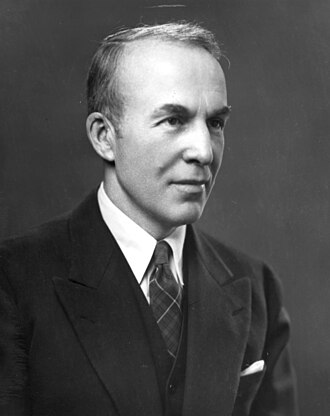
Archibald MacLeish (May 7, 1892 – April 20, 1982) was an influential American poet and writer associated with modernist poetry. He studied English at Yale University and law at Harvard University, and served in World War I. After living in Paris in the 1920s, he contributed to Fortune magazine and held the position of Librarian of Congress for five years, at the request of President Franklin D. Roosevelt. MacLeish was also a distinguished Boylston Professor at Harvard and received three Pulitzer Prizes for his work. Born in Glencoe, Illinois, to Scottish-born Andrew MacLeish and college professor Martha Hillard, he grew up on an estate near Lake Michigan. MacLeish's career in Paris included associations with literary expatriates, and he published significant works such as "Conquistador" and "Einstein." His role as Librarian of Congress faced political challenges due to his poet background and alleged sympathies to communist causes. Despite these challenges, MacLeish left a lasting impact on the world of poetry and public service, being recognized as one of the most influential figures in 20th-century librarianship in the United States.
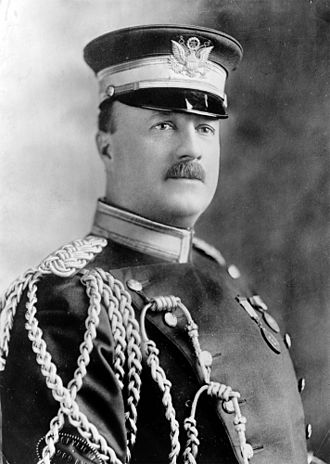
Archibald Willingham DeGraffenreid Clarendon Butt (September 26, 1865 – April 15, 1912) was an American Army officer and influential aide to presidents Theodore Roosevelt and William Howard Taft. Born in Augusta, Georgia, to a family with a strong military tradition, Butt initially pursued journalism and worked as a reporter for various newspapers, including the Louisville Courier-Journal and the Macon Telegraph. His career in journalism led him to Washington, D.C., where he made valuable connections and eventually served as the First Secretary of the American embassy in Mexico.Butt's admiration for the military and his family's military legacy prompted him to enlist in the United States Volunteers during the Spanish–American War. His exceptional service and contributions to military logistics and transportation in the Philippines earned him praise and a commission as a captain in the Regular Army. As a military aide to Presidents Roosevelt and Taft, Butt provided significant counsel on a wide range of matters and left behind valuable writings that are considered important historical sources on the presidencies.Tragically, Butt met his untimely demise in the sinking of the Titanic in 1912. His life and career are remembered for his dedication to both journalism and military service, and his lasting impact on the historical record of the United States.
All images displayed on this page are sourced from Wikipedia or Wikimedia Commons.We use these images under their respective Creative Commons or public domain licenses. Wherever applicable, author attributions and license information are provided. If you believe an image is used incorrectly or outside its license terms, please contact us so that we can review and correct the issue.